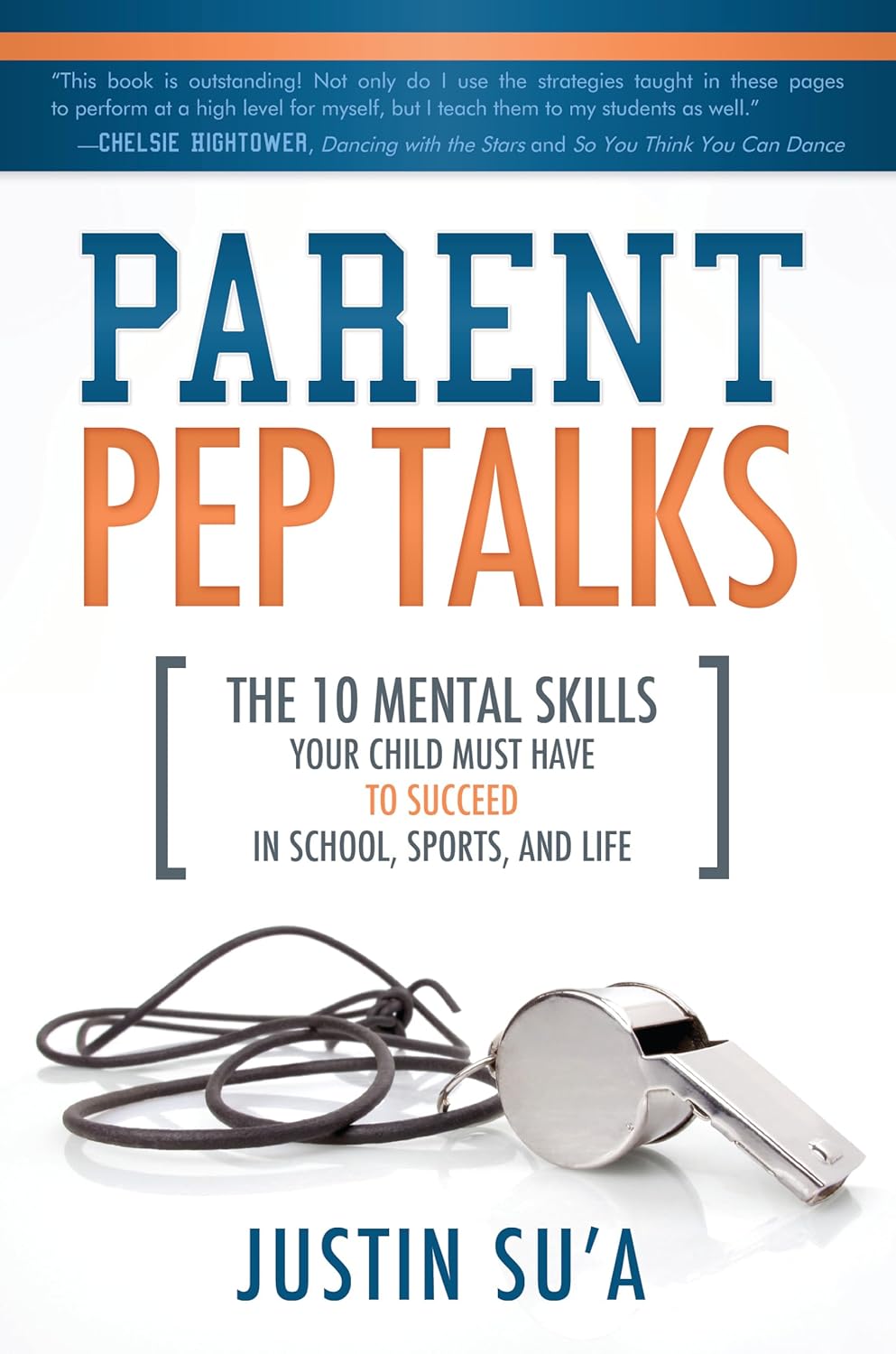Part 3 of 5 in our series on what college coaches look for at every position
[← Previous: Shooting Guard] | [Next: Power Forward →]
Welcome to Part 3 of our College Recruit Blueprint series. We’ve covered the backcourt positions – point guard and shooting guard – and now we’re moving to the wing. This is where versatility meets impact, where complete players thrive, and where doing everything matters more than being elite at one thing.
This series breaks down what college coaches look for at every position using the same five-category framework: Physical Requirements, Technical Skills (Offense and Defense), Basketball IQ, and Intangibles. Today we tackle the most versatile position on the floor – the small forward. If you play the three, you need to be able to guard anyone, score from anywhere, and impact every aspect of the game.
POSITION 3: SMALL FORWARD
The swiss army knife – you do everything and guard everybody, the most complete player on the floor.
Small forward is the most versatile position in basketball. College coaches need someone who can literally do everything – score from all three levels, guard multiple positions, grab rebounds, make plays, and be the ultimate glue guy. If you’re a small forward, you need to be the most complete player on your team.
1. Physical Requirements
Speed and quickness: Fast enough to guard guards on switches; quick enough to close out on shooters; can push it in transition
Strength and physicality: Strong enough to bang with bigs in the post; hold your own against bigger forwards; finish through contact at the rim
Athleticism and explosiveness: Versatile athlete; can jump out the gym; quick enough to stay with guards, strong enough to battle bigs
2. Technical Skills (Offense)
Primary scoring responsibilities: Score from all three levels; get buckets inside and out; create for yourself and others; be the closer when it matters
Shooting range and accuracy: Knock down threes consistently (35%+); money from mid-range; finish strong at the rim; solid free throw shooter
Ball-handling requirements: Good enough to bring it up if needed; create off the bounce; attack in transition; make plays in isolation
Passing and playmaking: Make plays out of short rolls; hit cutters; find shooters; can run the offense from the elbow or wing
3. Technical Skills (Defense)
Primary defensive assignment: Guard the other team’s best player – period; switch 1 through 4; be the stopper
On-ball defense expectations: Clamp up whoever they throw at you; versatile enough to guard multiple positions; fight through everything
Help defense and positioning: Be everywhere; rotate like crazy; weak side help; protect the rim when bigs get beat; deflections and steals
Rebounding responsibilities: Crash both ends hard; long arms get every board in your area; outlet and push; defensive boards a must
4. Basketball IQ
Court awareness and vision: Read the whole game; know when to cut, when to spot up, when to post up; see mismatches before they happen
Decision-making under pressure: Make the right play every time; know when to be aggressive; recognize when teammates got it going
Understanding of spacing and timing: Keep the floor balanced; know where everyone is; time your cuts perfect; create angles for others
System/scheme knowledge: Know every position in the offense; understand all defensive coverages; adjust to any situation; ultimate team player
5. Intangibles
Leadership qualities: Lead by example; do the dirty work; sacrifice stats for wins; ultimate glue guy who makes everyone better
Communication skills: Talk on both ends; quarterback the defense; keep everyone locked in; vocal leader when needed
Work ethic and coachability: Work on every part of your game; never satisfied; always adding skills; pride yourself on versatility
Mental toughness and competitiveness: Guard their best player every night; take the challenge; clutch gene; whatever it takes to win mentality
NBA COMPS

Elite tier: LeBron James (do everything), Kevin Durant (pure bucket at all three levels), Kawhi Leonard (two-way monster)
Two-way stars: Jayson Tatum (complete scorer), Jimmy Butler (winning player), Paul George (versatile threat)
Modern 3s: Scottie Barnes (swiss army knife), Franz Wagner (smooth all-around), Brandon Ingram (long and skilled)
The Ultimate Glue Guy
Here’s what makes small forwards special: you might not lead the team in any single category, but you impact every aspect of the game. College coaches love small forwards because they’re the ultimate team players who make everyone around them better.
You need to be comfortable guarding anyone from the point guard to the power forward. On offense, you’re scoring from three, attacking the rim, posting up smaller players, and making plays for others. You’re the connector piece that makes offenses flow and defenses lock in.
Study how LeBron impacts every possession even when he’s not scoring. Watch how Kawhi guards the best player and still gets his 25. Notice how Jimmy Butler does all the little things – charges taken, deflections, boxing out – that don’t show up in the box score but win games.
College coaches recruit small forwards who understand that their job is to do whatever it takes to win. Some nights you’re scoring 25. Other nights you’re holding their best player to 8 points and grabbing 10 boards. The best small forwards adapt to what their team needs.
Your Next Steps
Being a small forward at the college level means being elite at multiple things, not just good at one thing. Look at your game honestly – what are you truly elite at? What needs the most work? The small forwards who get recruited are the ones who commit to being complete players.
Work on every aspect of your game. If you’re a great scorer but struggle defensively, spend extra time on defensive footwork and positioning. If you’re athletic but can’t shoot, get in the gym and shoot 500 threes a week until your form is consistent. The versatility that makes small forwards special only comes from putting in work on every skill.
Study the greats. Watch how LeBron impacts winning without dominating the ball. See how Kawhi guards the toughest assignment every night and still gets his buckets. Notice how Jimmy Butler does all the winning plays that don’t show up on highlight reels. That’s what college coaches want from their small forwards.
Be the player who makes everyone better. Be coachable. Be unselfish. Be willing to do the dirty work. Small forwards who make it to college are the ultimate team players who win games.
The small forward is the glue that holds championship teams together. You’re the do-everything player who sacrifices personal glory for team success, who guards the toughest matchup without complaining, who scores when needed but passes when it’s the right play. College coaches cherish small forwards who embrace versatility and team-first mentality. Be that player. Be complete. Be the difference maker your team needs.
The blueprint is yours. Now go be great.
Continue the series:
- [← Previous: Shooting Guard]
- [Next: Power Forward →]
- Center [Link]
- Point Guard [Link]
- [Back to Series Introduction]





